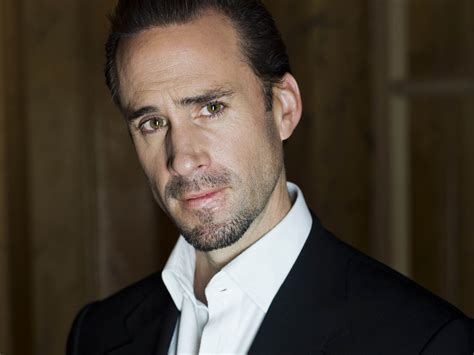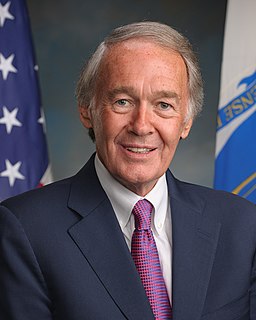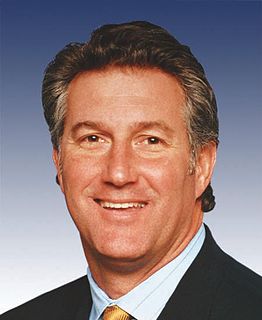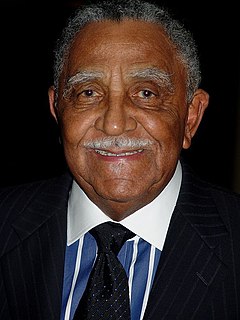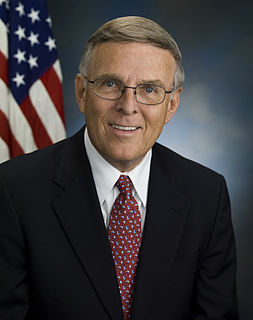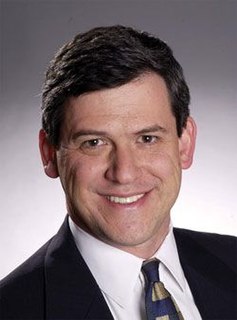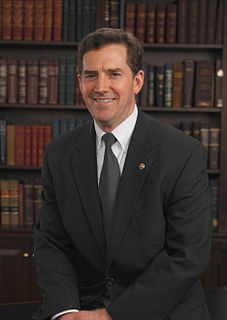A Quote by Michael J. Jackson
We need more expensive gasoline to change consumer behavior," Mr. Jackson said. Otherwise, Americans will continue to favor big vehicles, not matter what kind of fuel-economy standards the government imposes on auto makers. Four dollars a gallon, he added, "is a good start.
Related Quotes
Say that Congress legislates gasoline price controls that sets a maximum price of $1 a gallon. As sure as night follows day, there'd be long lines and gasoline shortages, just as there were in the 1970s. For the average consumer, a $1.60 a gallon selling price and no waiting lines is a darn sight cheaper than a controlled $1 a gallon price plus searching for a gasoline station that has gas and then waiting in line. If your average purchase is 10 gallons, and if an hour or so of your time is worth more that $6, the $1.60 a gallon free market price is cheaper.
Everybody has a gas-guzzling car because people like SUVs. They would like SUVs if they were hybrid vehicles that had the same horsepower and used less gasoline. Instead, what the auto manufacturers are doing is building SUVs that are hybrid vehicles that use the same amount of gasoline because they up the horsepower. That's a decision that they make to market irresponsible economic behavior. The American people like the SUVs, they have kids, they, they need them, they get around in them, but we have options.
In the European Union, a fleet average of 95 grams of CO2 per kilometer will be permitted in 2020. This corresponds to fuel consumption of about four liters (per 100 kilometers; about 59 mpg). We have to continue reducing the fuel consumption of our vehicles and offer hybrid and electric vehicles, or else we will be unable to achieve these values.
This is an important generation for the future of hybrid vehicles. With these models as well as the Ford Escape and the Honda Accord we're starting to see hybrid versions of mainstream vehicles. The auto makers are giving customers a direct choice: to opt for hybrid technology on a given model, or not. Will they pay the premium for the hybrid technology when everything else about the vehicle is the same?
Sometimes people will hear you and be able to change their behavior, but often their behavior has more to do with their own need for approval than with your need for support. No matter what their response, you need to be firm and hold your ground. At the end of the day, your health is your responsibility.
